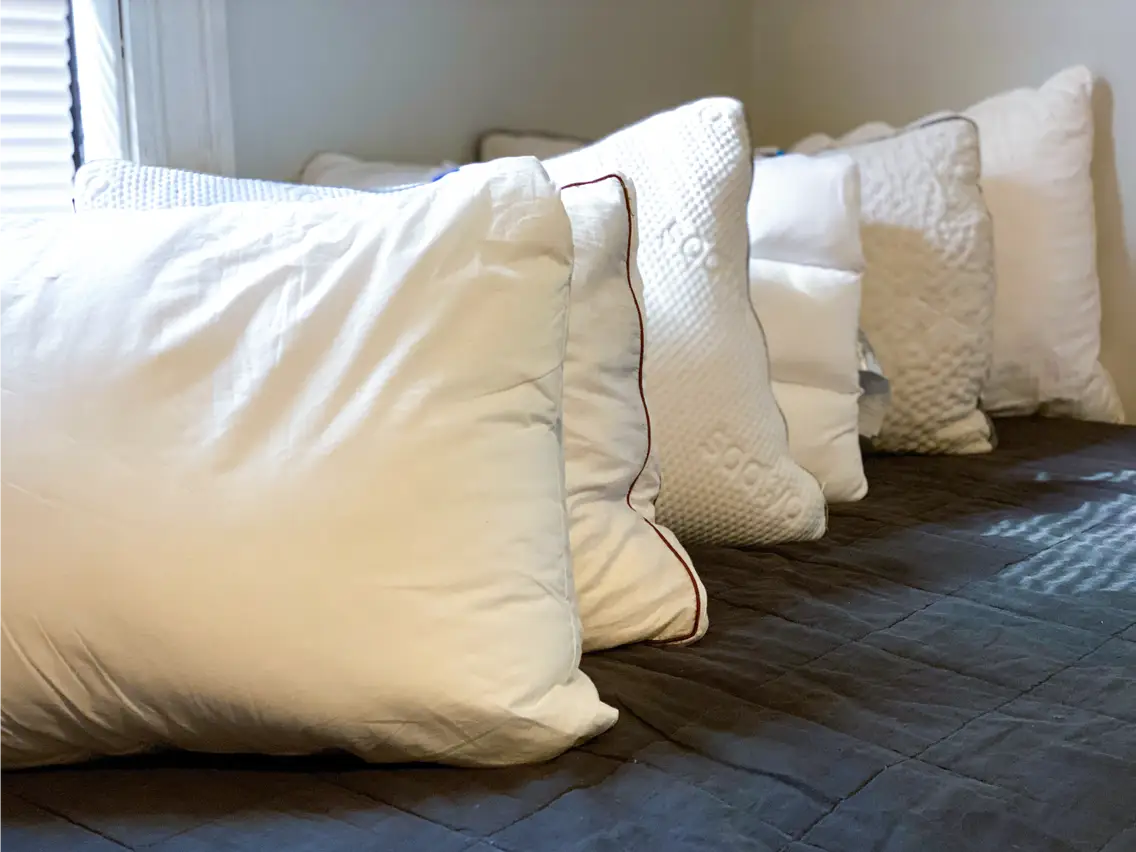Sleep disorders are all too often the source of significant health, mood and performance problems.
Many of these issues can be effectively treated once properly identified and diagnosed.
Sleep disorders are typically manageable through healthy sleeping habits. Follow these tips to enjoy restful nights each and every time.
Insomnia
Insomnia, or difficulty falling and staying asleep, is a prevalent complaint that affects millions of Americans each night. While short-term insomnia typically resolves quickly after several nights (short-term insomnia), chronic insomnia may persist for months or more and lead to significant restless nights and loss of restful slumber (chronic insomnia).
Sleep problems often stem from medical conditions or life circumstances, like stress. Medication, alcohol, caffeine and other stimulants may also play a role in disrupting sleeping patterns; additionally, your natural circadian rhythm (sleep/wake cycle) could be affected.
Treatment for insomnia involves making changes to sleep habits, taking medications to help with sleeping or staying asleep and mental health strategies to promote relaxation and calmness. The aim is for better and deeper restful slumber – a process which may take time, patience, and effort.
Narcolepsy
Narcolepsy is a chronic condition that disrupts sleep. While it can occur at any age, most cases start during adolescence.
Narcolepsy causes excessive daytime sleepiness (EDS). People living with this disorder cannot control their urges to sleep and may find themselves falling asleep without realizing it several times every day.
They may experience episodes of cataplexy, an abrupt loss of muscle tone which can range from eyelid drooping to total body collapse.
People suffering from narcolepsy typically lack an abundance of the brain hormone called hypocretin, and its levels can be measured through cerebrospinal fluid tests done through lumbar puncture (spinal tap).
Treatment for narcolepsy involves lifestyle adjustments and medications to alleviate its symptoms, while your healthcare provider will investigate other potential sources for them.
Sleep apnea
Sleep apnea is a common sleep disorder in which your breathing stops and starts repeatedly throughout the night, potentially up to 30 times an hour. Breathing pauses may last from seconds to minutes long and could occur up to every 30 times an hour.
Obstructive sleep apnea (OSA) is the most prevalent form of sleep apnea and occurs when part or all of your throat becomes blocked during sleep, leading to you stopping breathing during restorative stages.
Treatment for obstructive sleep apnea typically involves positive airway pressure (PAP) therapy. PAP works by pumping pressurized air through your mouth or nose and into your airway while sleeping, keeping it open while your breathing.
Other treatments, including lifestyle modifications and wearing a special mouthpiece, may also help. Surgery may also be an option; what treatment you require ultimately depends on your symptoms and medical history; once treatment has started it’s important to follow-up with healthcare provider to make sure the best outcomes from treatment have been realized.
Restless legs syndrome
Restless Leg Syndrome (RLS) is a prevalent disorder characterized by uncomfortable sensations and an irresistible urge to move the legs, often occurring while sleeping and interfering with restful slumber.
RLS may be caused by many medical conditions, including iron deficiency, neuropathy, pregnancy or certain drugs – it may even run in families and be hereditary.
RLS should be treated using a combination of sleep hygiene measures, brief exercise sessions, reducing stress levels and eating a nutritious diet. In some cases, medications can also help facilitate restful nights’ rest.
Restless legs syndrome is a widespread condition affecting seven to 10 percent of the population, typically manifesting itself with symptoms including tingling, itching, crawling or drawing sensations deep in the leg.
Other sleep disorders
While insomnia and narcolepsy are the two most frequently occurring sleep disorders, there are other issues which impede sleeping that should also be taken into consideration. Some are caused by medical issues like depression, thyroid conditions or arthritis; others can result from mental health problems like trauma or stress.
Psychotic illnesses like schizophrenia often manifest themselves with sleep disturbances such as hypersomnia, difficulty sleeping and nightmares.
Sleep disorders may also be linked to emotional and psychological conditions such as depression or anxiety, but their causes remain unknown. They may be managed with medications or behavioral therapy.
If you are experiencing medical or emotional difficulties that prevent sleep, consult with your physician about consulting a sleep specialist. He or she will ask about your past history before conducting a sleep test to evaluate your sleeping patterns.




